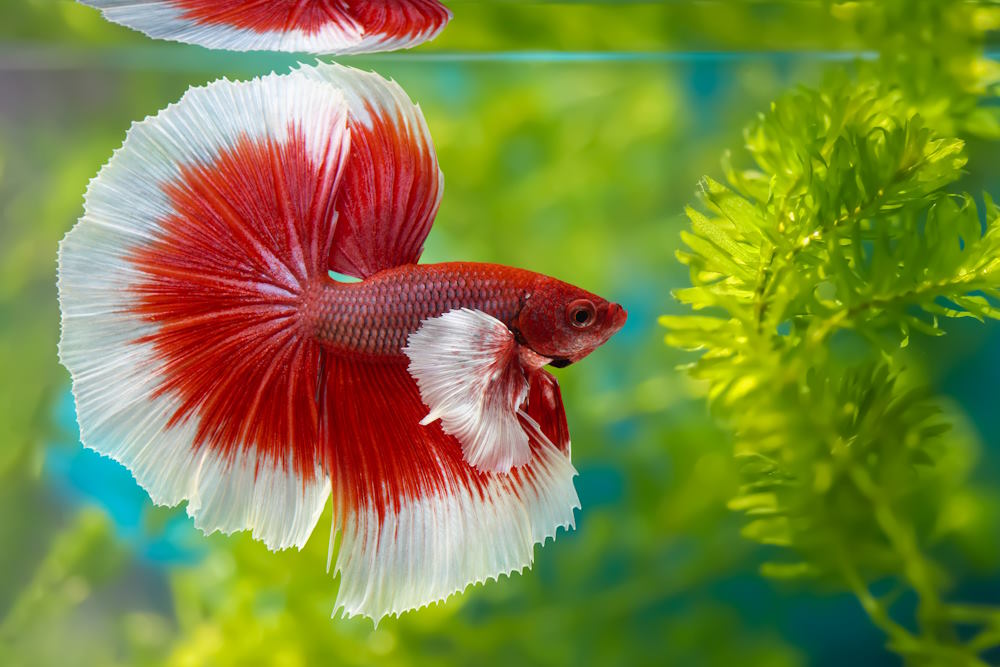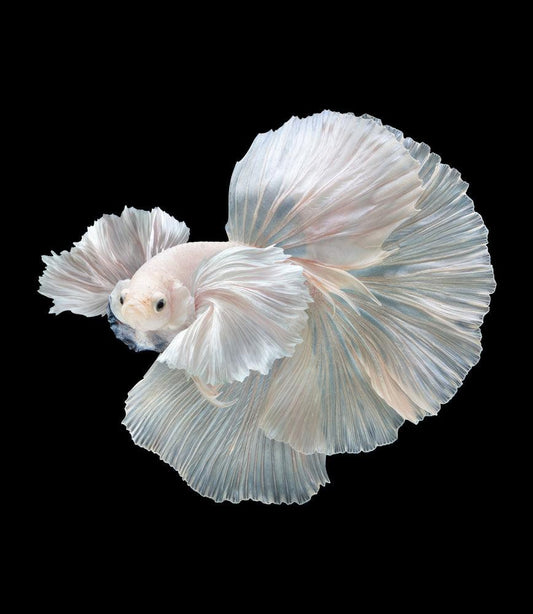Betta Fish Life Expectancy: How to Guarantee Your Betta Lives Longer
Betta Fish Life Expectancy: How to Guarantee Your Betta Lives Longer
Blog Article
The Ultimate Guide to Betta Fish Treatment: Vital Tips for Maintaining a Healthy and Thriving Aquarium Atmosphere
Efficient Betta fish treatment demands an extensive understanding of their unique environmental and physical requirements. Establishing an appropriate aquarium starts with selecting the right container size and ensuring optimal water conditions, which are important for the health and health of your Betta.
Choosing the Right Storage Tank
Selecting the proper container for your Betta fish is critical to guaranteeing its health and wellness and health. Bettas grow in atmospheres that resemble their natural habitats, which commonly contain calmness, warm waters. A container size of at the very least five gallons is suggested to give appropriate swimming room, as smaller sized tanks can result in anxiety and wellness concerns for these vibrant fish.
When selecting a storage tank, think about the container's form and purification system. A rectangle-shaped tank is better to a bowl, as it uses a lot more surface area for oxygen exchange. Additionally, a trustworthy purification system is vital to keep water high quality and lessen the regularity of water modifications (betta fish). It's important to select a filter with a gentle circulation, as Bettas are not solid swimmers and might struggle versus solid currents.
Temperature level law is an additional crucial element; Bettas choose water temperature levels in between 76 ° F and 82 ° F. Purchasing a great heater will certainly make certain that the water stays within this range, promoting a healthy and energetic way of life for your Betta. Finally, offering appropriate container decors and concealing places will aid decrease stress and motivate all-natural habits, additionally boosting your Betta's well-being.
Keeping Water High Quality
Keeping optimum water high quality is vital for the wellness and long life of Betta fish. This calls for normal surveillance of various specifications, including temperature, pH, ammonia, nitrite, and nitrate levels. Bettas grow in temperatures between 76 ° F and 82 ° F, so maintaining a steady temperature level is essential. Abrupt changes can bring about tension and health problem.
Routine screening using a trusted water testing set can aid guarantee these parameters continue to be within the ideal arrays. Ammonia and nitrite degrees should always be at 0 ppm, as even reduced focus can be poisonous to Betta fish.
Regular water modifications are crucial to keeping water quality. It is suggested to alter 25-50% of the tank water weekly, depending upon the storage tank dimension and stocking degrees. Utilizing a premium water conditioner can aid remove hazardous chemicals from faucet water, ensuring a risk-free atmosphere. Furthermore, integrating a durable filtering system can help in preserving water clarity and top quality, providing a healthier habitat for your Betta fish.
Perfect Feeding Practices
Offering a well balanced diet regimen is important for the health and lively coloration of Betta fish, as their nutritional needs play a substantial role in their total well-being. Betta fish are meat-eating naturally, needing a diet high in healthy protein. A combination of top quality pellets, icy or live foods such as bloodworms, salt water shrimp, and daphnia can offer the essential nutrients they need.
Feed your Betta fish 2 to 3 times a day, providing just what they can consume within two to 3 mins to avoid overfeeding and keep water top quality. Overfeeding can cause weight problems and wellness issues, including swim bladder condition. It is important look here to monitor their dietary intake and change section dimensions as necessary.
In addition to protein, a well balanced diet regimen should include minerals and vitamins to advertise ideal health and wellness. Take into consideration supplementing their diet with premium flakes or pellets specifically created for Betta fish, as these frequently consist of needed ingredients.

Developing an Ideal Habitat

Water high quality is paramount; preserve a temperature in between 76 ° F and 82 ° F, and make sure the pH level ranges from 6 - betta fish.5 to 7.5. Normal water changes of 25-50% each week will certainly aid keep toxic substances away and make certain a stable atmosphere
Including plants and hiding spots is critical, as Betta fish are naturally territorial and delight in having areas to check out and retreat. Live or silk plants, together with caverns and accessories, can develop a revitalizing setting.

Regular Wellness Checkups
Carrying out routine health and wellness appointments is important for making certain the wellness of Betta fish, as very early detection of possible concerns can avoid serious illness. These appointments ought to include a detailed exam of the fish's physical condition, behavior, and environmental variables.
Begin by observing the Betta fish for any type of indicators of distress, such as sleepiness, anorexia nervosa, or uncommon swimming patterns. Additionally, check the fins and body for indicators of discoloration, lesions, or fin rot, which can show infections or parasites. Frequently keeping track of the water high quality in the fish tank is equally important; criteria such as pH, ammonia, nitrite, visite site and nitrate levels must be kept within optimum ranges to stop stress and anxiety and disease.
In addition, think about maintaining a log of wellness monitorings and water top quality tests. Timely intervention can make a significant difference in the recovery of your Betta fish, ensuring a lengthy and healthy life in a properly maintained fish tank atmosphere.
Conclusion
In final thought, successful Betta fish treatment hinges on producing and maintaining an ideal fish tank environment. By complying with these guidelines, aquarists can advertise the well-being and vibrancy of Betta fish, eventually resulting in a thriving water community.
Report this page